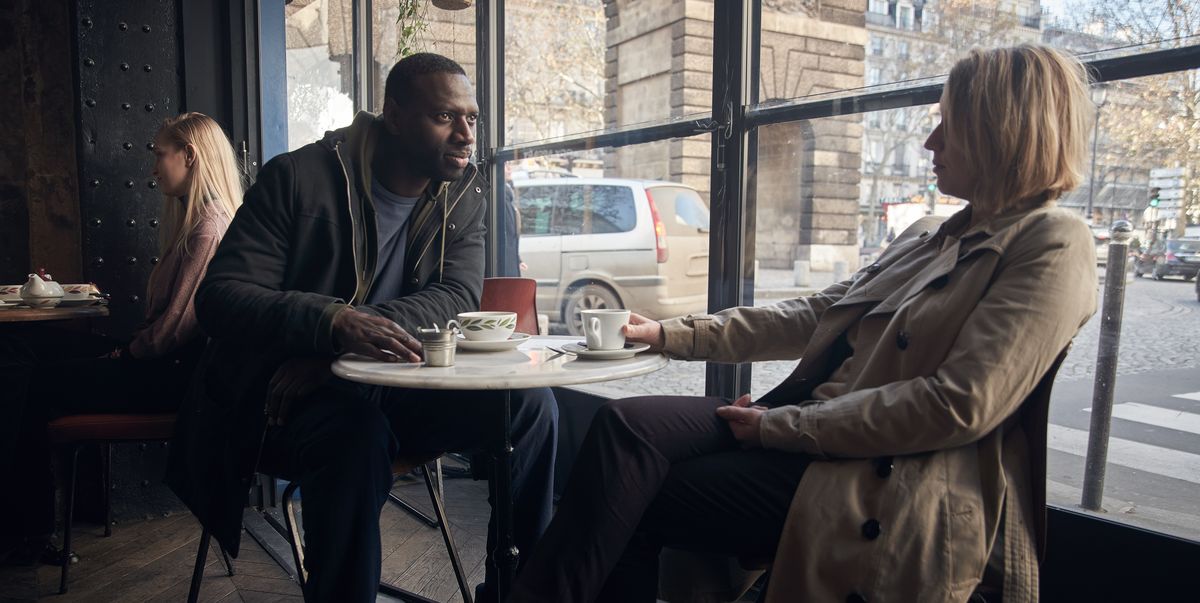The City of Light
Paris stands as one of the most explored and romanticized cites in arts and letters. Anyone loving painting, literature, film, history, fashion, or food yearns to make a pilgrimage to the city once in their lives. At a time when leisure travel is impossible, Lupin allows viewers to visit the City of Light in the company of a master thief, or, as the protagonist styles himself, a gentleman burglar.
A French Netflix production, Lupin chronicles the capers of Assane Diop (Omar Sy). A handsome and charming criminal, Diop engineers elaborate heists modeled after the exploits of Arsene Lupin, a popular fictional character created by writer Maurice Leblanc. Diop only perpetuates his crimes on the rich, powerful, and morally compromised. Early in the series, he learns that his father, a Senegalese immigrant, was wrongly accused of jewel theft and coerced into pleading guilty by his employer, the wealthy and influential Pellegrini family. His father committed suicide in prison when Diop was only a teenager. As the series progresses, Diop begins to unravel the mystery surrounding his father and aims to avenge him.
Lupin is refreshing to watch for several reasons. Its characters are compelling, and its stories are enthralling. An absence of absurd violence, crude humor, and gratuitous sex invites all audiences to enjoy the show. Due to the pandemic and many families’ living situations, this cannot be overvalued. Lupin excels with its portrayal of Paris. Although specific scenes occur in bleak apartment towers and grim prisons, the series avoids the increasingly tired narrative refrain of revealing the seedy underbelly of a given locale. Lupin invites audiences to enjoy a scenic and glamorous Paris.

Characters walk across the Pont des Arts and gaze at the Seine. Diop steals a priceless necklace at the Louvre and outwits police in the Luxeumbourg Gardens. The Effiel Tower and the Sacre-Coeur Basilica appear in the background. Conversations occur in restaurants and cafes. The entire show is a love letter to Paris.
After watching Lupin, my wife and I remembered our own trip to Paris several years before we were married. We talked about the food we ate, the places we visited, the art we enjoyed, and the simple fun we shared. We talked about wanting to travel to the city again. Lupin allowed us to look to our future, maybe for the first time since the pandemic. And to dream again.
If you enjoyed this post, you can support the blog at Ko-fi.